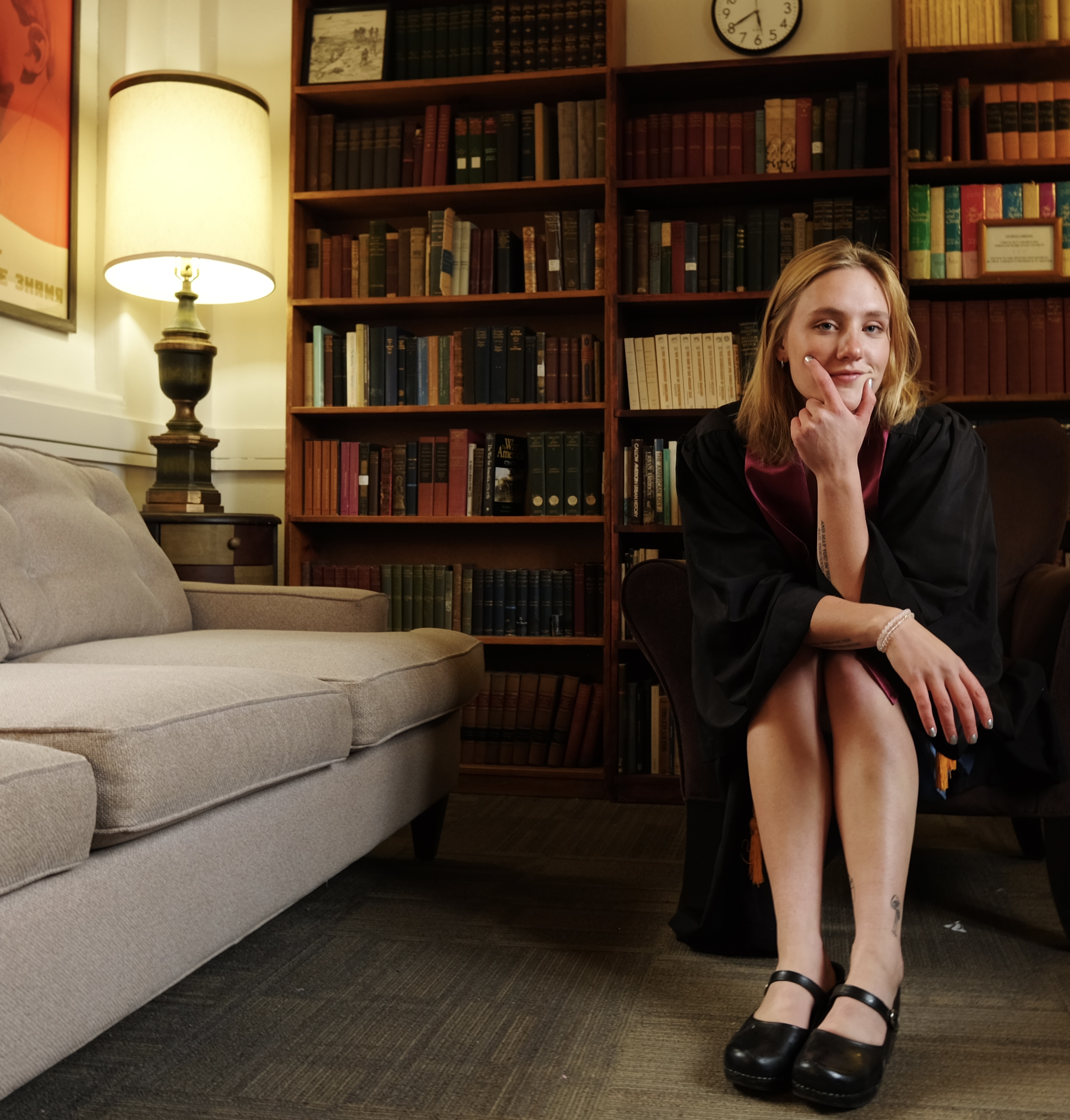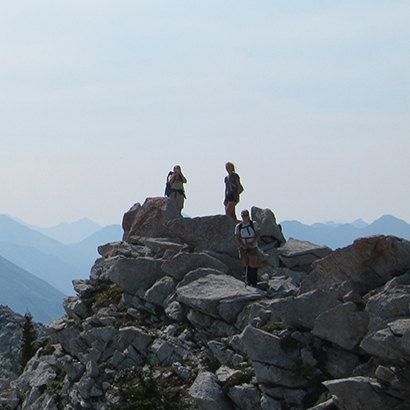2024 Recipients
Charles Hayes
"Walking the Ridge: The History and Fate of Wilderness Travel Rules"
Charles is a visiting environmental philosopher at the University of Montana. His work focuses on the history and ethics of ecological restoration and rewilding, as well as the philosophy of technology. He has academic articles in Environmental Ethics and a few essays and poems in Camas and other small periodicals.
Charles’ project is a celebration of backcountry walking and the designated roadless areas that foster and protect it. With a long-form essay and a series of original photographs, Charles will document a roughly 200-mile walk along the ridges of the Montana/Idaho border. Through in-depth stakeholder interviews along the way, the work will report the history and current controversies of motorized travel in and around the Great Burn area.
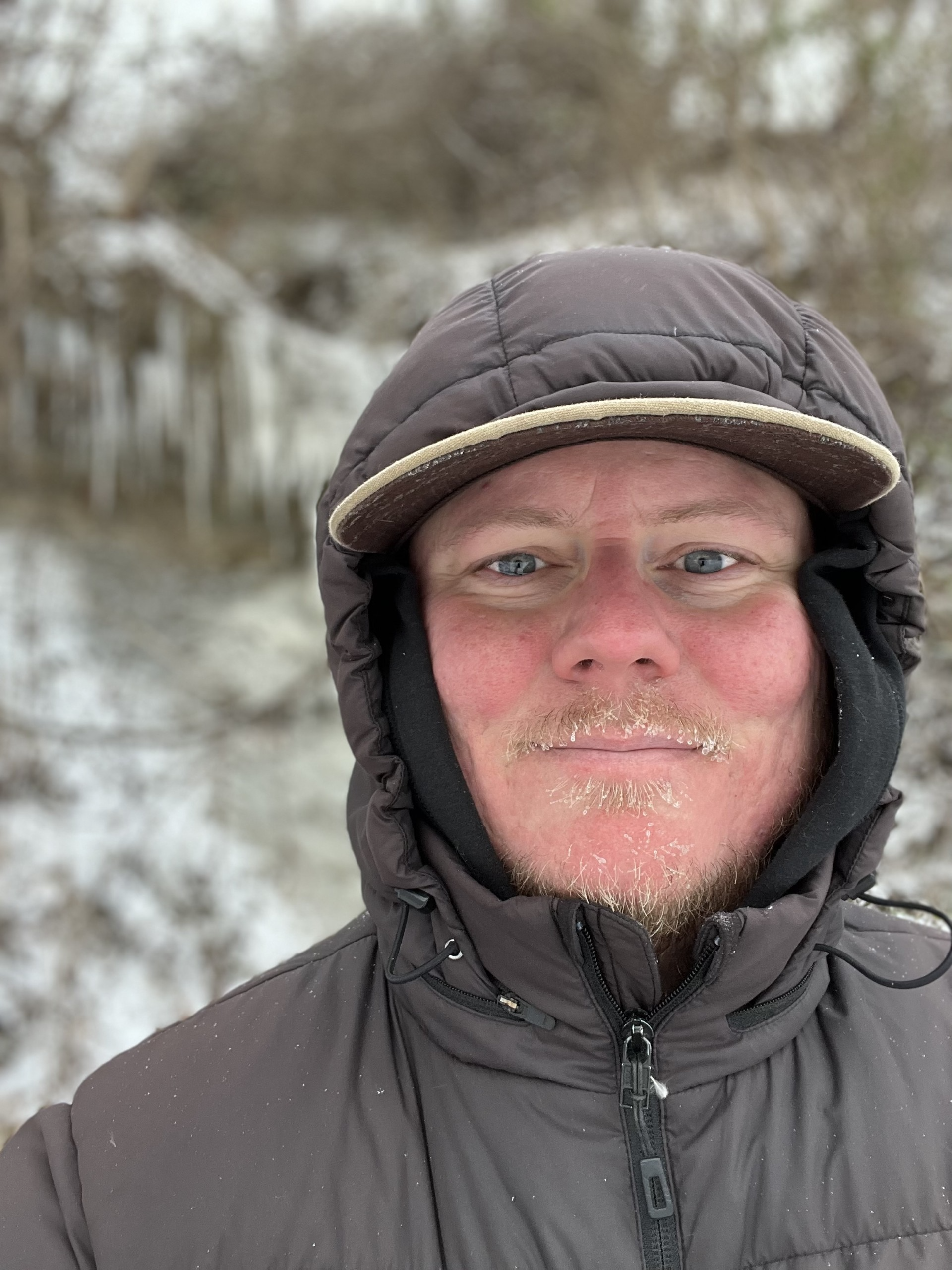
Katie Nelson
"Butterflies and Railroad Ties: A new edition"
Katie is a naturalist, teacher, and storyteller. With an MS in Environmental Studies from UM, her work is often found at the intersections between conservation, education, and history. For seven years, she’s been the Caretaker of the Moon-Randolph Homestead, a short grass prairie, turned private ranch, turned public open space.
For this project, Katie will prepare the groundwork for a new edition of Butterflies and Railroad Ties, a natural and cultural history of the site last published by Caitlin DeSilvey in 2002. She’ll conduct oral histories with former ranch hands, grassroots activists, and caretakers, to illuminate the latter days of the site as a working ranch in the 1980s and 1990s, the site’s transition to public open space with the City of Missoula’s Conservation Lands, and it's two decades as a beloved cultural resource and community gathering place. For more information about the Moon-Randolph Homestead, please visit www.moonrandolphhomestead.org.
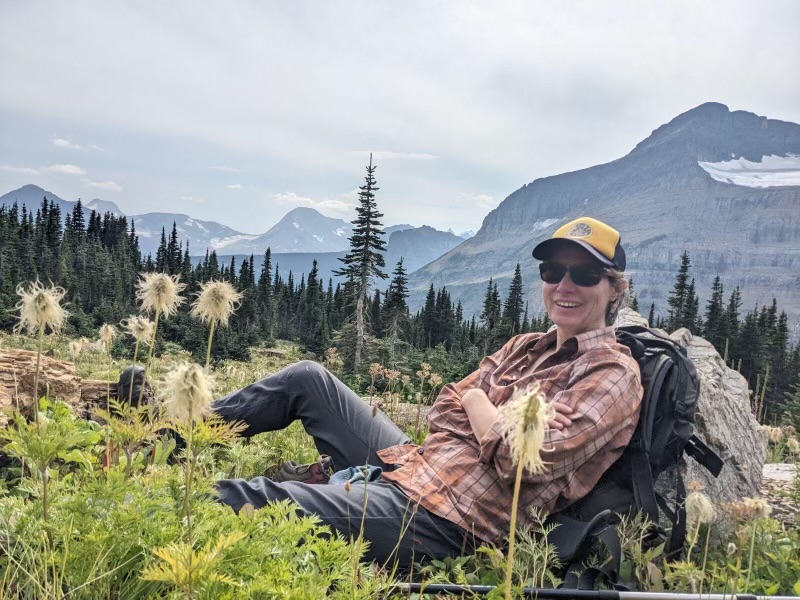
Tim Ryan
“Engaging Tribal Youth in land stewardship, heritage and careers in natural resources and conservation”
Tim grew up spending a great deal of time exploring the mountains and valleys in and around the Flathead Reservation and extended homelands of his tribes. He is currently employed as the department head of Culture and Language Studies and Indigenous STEM instructor for the Salish Kootenai College Native American Studies Division lending experiential learning on subjects of culture and science. Along with Tim’s fulltime position at the college he is Project Supervisor for the summer youth program called Mission Mountain Youth Crew performing forest restoration with career tract exposure in the natural resource fields. Tim’s experiences with his elder’s teachings, and his decades-long study of traditional ecological knowledge, ethnobotany, and indigenous sciences combined with his extensive experience in field archaeology, brings a unique quality and perspectives to his teachings and outdoor experiential opportunities.
The Mission Mountains Youth Crew (MMYC) goes beyond a summer job by providing indigenous
youth with life skills, hands-on experiences in outdoor careers, and cultural connections. Working alongside a team of specialists, crew members complete stewardship projects, learn backcountry skills, engage in community service, and more. All activities during the nine-week program take place on ancestral lands of the Confederated Salish & Kootenai Tribes (CSKT). The crew completes projects on lands managed by the Tribe and the Forest Service, experiencing diverse career possibilities while learning how the land and resources were historically managed by the tribes who inhabited this area and how those resources are managed today. The MMYC program promotes higher educational opportunities and careers in natural resources and conservation along with promoting the cultural competency of the CSKT reservation youth.
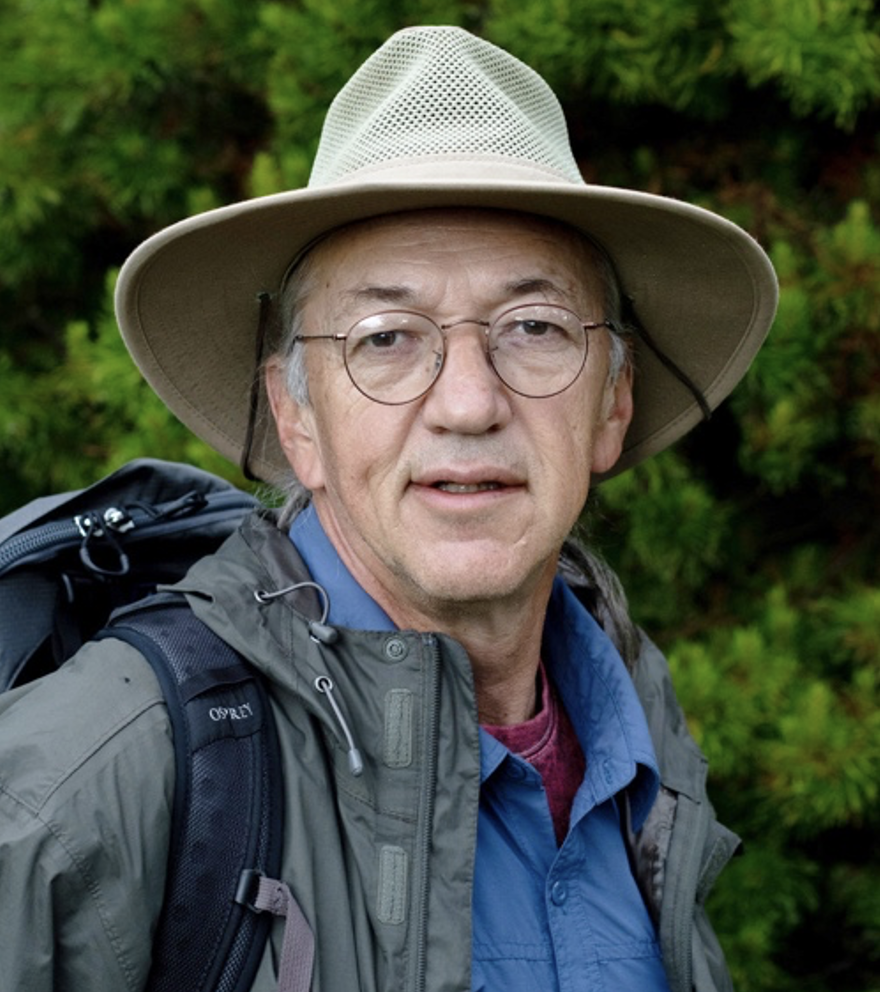
Dylan Yonce
"Taking 'God's Country': Science, Conservation, Tourism and the Dispossession of the Flathead Indian Reservation"
Dylan is a second-year history master's student at the University of Montana. Her ongoing thesis project––"Taking 'God's Country'"––will explore the myriad ways Western conceptions of science, conservation, and tourism shaped the dispossession of Indigenous land on the Flathead Indian Reservation during the allotment era in the 20th century.
Dylan was born and raised in Missoula, and her scholarship is deeply impacted by her family’s long history in Montana. Her love for this place informs and strengthens her work. She hopes her research can help her community reckon with the history of colonization in Montana and shape a path forward where we are all engaged stewards of the land and one another.
